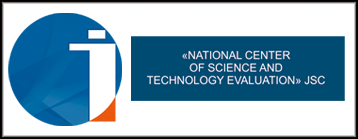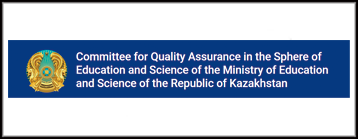Duties of Reviewers
Reviewers should give an evaluation of a manuscript according to the review form.
Contribution to Editorial Decisions
Reviewers should avoid conflicts of interest with respect to the authors of the peer-reviewed article. Peer review assists the editor in making editorial decisions and the editorial communications with the author may also assist the author in improving the paper. Peer review is an essential component of formal scholarly communication and lies at the heart of the scientific method. In addition to the specific ethics-related duties described below, reviewers are asked generally to treat authors and their work as they would like to be treated themselves and to observe good reviewing etiquette.
The result of the review of the article should be sent by the reviewer to an editor of the journal within a month. Further, the editor will submit the review results to a corresponding author about a possible decision on the publication, indicating the required improvements and terms: accepted in the presented form, accepted with a minor revision, accepted with a major revision, and resubmission or rejection. Referees should express their views clearly with supporting arguments. This conclusion is approved by the editors or editorial board of the journal. This final decision of paper acceptance is made by the editor-in-chief or editorial board of the journal.
The last version of the edited article, as a rule, will be sent to the corresponding author for final approval before its online publishing on the journal webpage.
Any selected referee who feels unqualified to review the research reported in a manuscript or knows that its prompt review will be impossible should notify the editor and decline to participate in the review process.
Confidentiality
Any manuscripts received for review must be treated as confidential documents. Reviewers must not share the review or information about the paper with anyone or contact the authors directly. Unpublished materials disclosed in a submitted manuscript must not be used in a reviewer’s own research. Ideas obtained through peer review must be kept confidential and not used for personal advantage. A reviewer should be alert to potential ethical issues in the paper and should bring these to the attention of the editor, including any substantial similarity or overlap between the manuscript under consideration and any other published paper of which the reviewer has personal knowledge.




















